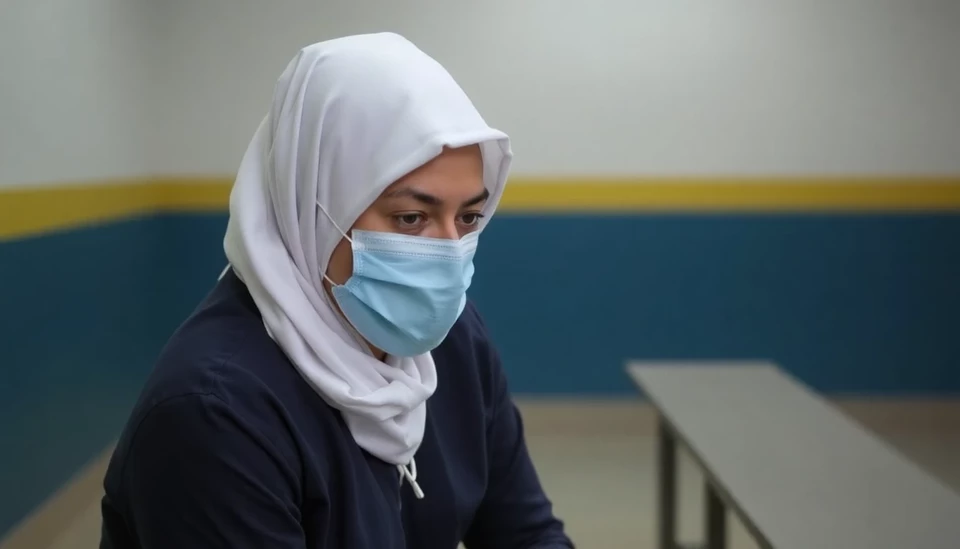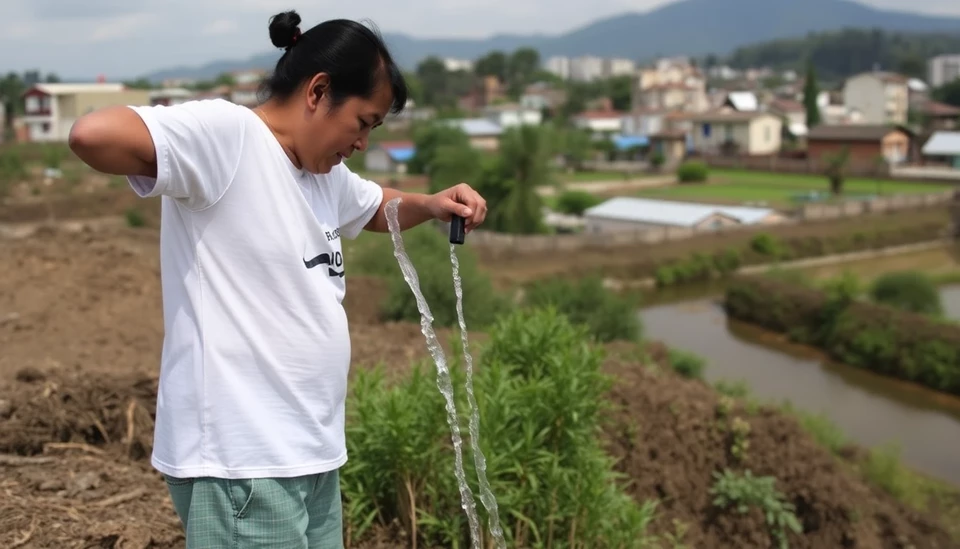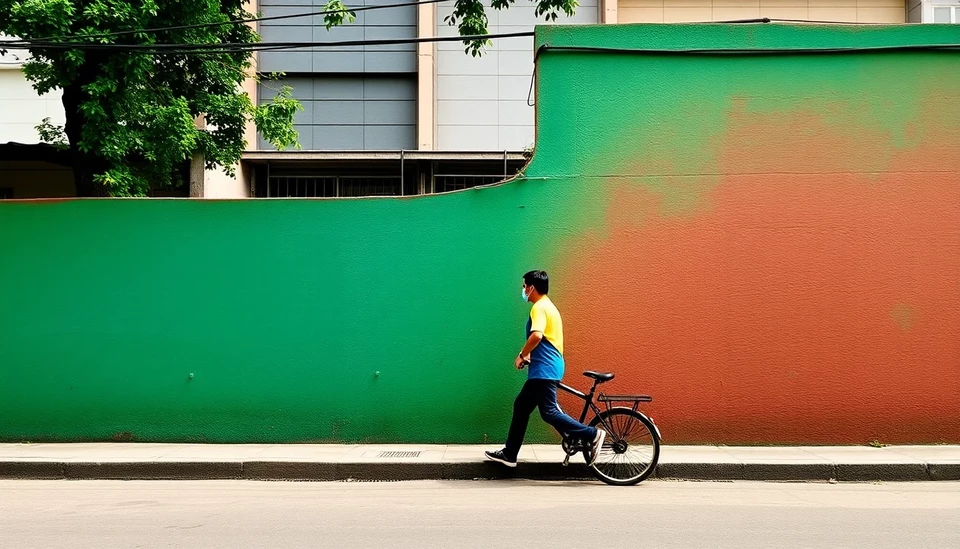
In a troubling development for Colombia's healthcare system, the country is experiencing a significant shortage of essential medications. This alarming situation has left countless patients without necessary treatments, pushing the healthcare system to the brink of collapse. The current crisis highlights the persistent inefficiencies within the system, compounded by economic challenges and policy hurdles that have failed to address the underlying issues.
Reports indicate that pharmacies across major cities, including Bogotá and Medellín, are running low on vital medicines, such as antibiotics, pain relievers, and chronic disease management drugs, placing patients in dire circumstances. The shortages have provoked widespread frustration among citizens who rely on these medications for their health and well-being.
The Colombian government is under mounting pressure to respond effectively to the crisis. Advocacy groups and healthcare professionals have been vocal about the urgent need for governmental action to ensure the steady supply of necessary medications. Many have demanded reforms in the procurement processes and distribution systems that have been marred by inefficiencies and a lack of coordination among different health authorities.
Additionally, the economic conditions in Colombia have exacerbated the situation. Inflation and budget constraints have severely limited the resources available for healthcare provisioning. Hospitals are struggling to maintain adequate supplies, as they navigate financial difficulties while trying to fulfill the needs of their patient populations.
The crisis has also raised concerns regarding the quality of care available to patients. With essential medicines unavailable, many patients are being forced to either seek alternatives or forgo treatment altogether, which can lead to worsening health outcomes. The situation has ignited debates about healthcare accessibility and the responsibilities of the Colombian government to ensure that all citizens receive adequate medical care regardless of their economic status.
In response to these concerns, public demonstrations have erupted across the country, with citizens demanding accountability from health officials and policymakers. Activists argue that systemic changes are necessary to build a resilient healthcare framework capable of responding to both current and future challenges.
As the government grapples with the critiques and pressures, the Ministry of Health maintains that it is actively working to resolve the medication shortages. However, skepticism lingers among the populace, who have witnessed repeated promises without substantial follow-through.
Until tangible improvements are made, the future of Colombia's healthcare system remains uncertain. The current medication shortages serve as a stark reminder of the vulnerabilities within the system and the critical need for comprehensive reforms to protect the health of all Colombians.
This developing story will continue to evolve as the country looks for solutions to a growing healthcare crisis that threatens the well-being of its citizens.
#Colombia #HealthcareCrisis #MedicationShortage #PublicHealth #PatientRights #HealthcareReform
Author: Victoria Adams




